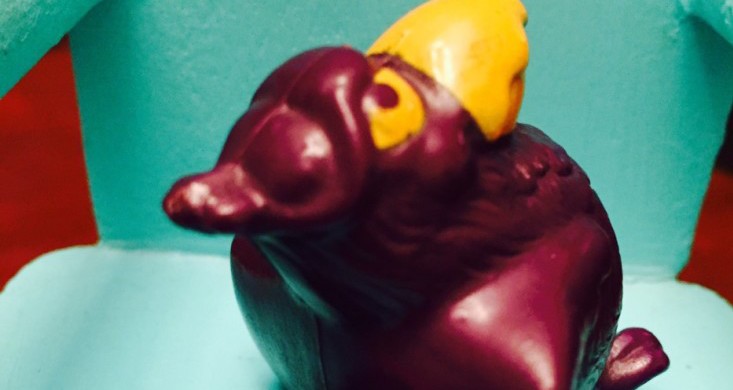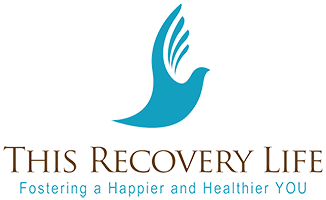
Preparing to Change: How to STOP your Alcohol and Drug Use
OK, so you’ve admitted to yourself that there is an issue and you’re thinking of doing something about it, but don’t know what. There is no “one size fits all” answer for this.
The path can be dependent on what you’ve been doing, the quantity and frequency. Have you been using once daily, once a week, a few times a day, a few times a month or various times on a daily basis? Do you only use once in awhile, but when you do, you go on a bender, using for a few days straight? You can’t stop thinking about the next time you can get some and eventually do it. Do you anticipate weekends or times to use “safely,” dropping off the kids with someone else for the night? What does it feel like if you don’t use for a period of time? Do you get physically ill? Maybe you don’t get physically sick, but your emotions start fluctuating and becoming erratic. When experiencing these things, use was always inevitable.
Maybe there was a period of time that you stopped using in order to “get it together,” only to go back to the same patterns when you got back to using. This is a common thing. “I was able to stop for a month. I started getting to bed at a decent hour, more productive at work, my skin cleared up. You see, I don’t have a problem.” Another alternative might have been that you said you were going to stop, but a week and a half later, something got you really upset and you were lead back to using in order to experience some relief. Just one hit, bump, shot, drink, high, started the avalanche. Maybe you were able to moderate your use for a period of time — a week, a month, a few months, a year. You said you were only going to drink wine with dinner, or were going to stick to beer, not do any drugs anymore. Then your longtime friend showed up with some of the finest substance straight from ‘Nam or Jamaica, or that special Rum cake from Santo Domingo and you were unable to resist. Let’s not forget about food, your ex- strolling into town, the easy to pocket item at the local mart or any other variations on behaviors that have been distressing you.
Whatever the case, you would not have wished for something to be different if you were always happy about the outcomes.
It is highly recommended that you work with a medical professional on the commencement of your ceasing to use alcohol and drugs, especially when you are a chronic user of substances like alcohol or benzodiazepines. Abruptly ceasing their use can lead to serious health complications and possibly even death.
Opioid withdrawal might feel like death, but will not likely produce such results when used on their own. When combining opiates with other substances, the resulting withdrawal will prove increasingly dangerous.
Ceasing the use of substances like cocaine, marijuana, and synthetics will produce more of an emotional rather than physical set of symptoms. Here is a link with a comprehensive list of symptoms and more information on alcohol and substance withdrawal.
It is not impossible to taper use to cease alcohol and substance consumption. You can make a plan to do so, starting with making yourself accountable and having someone close to you help you follow the plan and administer the substance. Again, this would work best if you and your friend can make a plan together with the help of a medical professional. The problem with this option is that a daily user will have an extremely difficult time sticking with the plan. Hence, going to a detox where you can be medically supervised will help reassure the results you want: to rid your body of the substances causing you distress. There are also medications that can assist people in recovery from alcohol, opiates and nicotine use. This is referred to as MAT (Medication Assisted Treatment) and would require you visit a medical professional as well.
If you are not a daily user and feel you can detox on your own, I would still highly suggest you see a medical professional just to reassure yourself that you will be doing so safely. It is not uncommon to have issues with uncomfortability, sleep, restlessness, anxiety, depression, appetite, etc when ceasing the use of alcohol and other drugs. If you have been using multiple substances, the help of a medical professional is recommended as well since mixing substances highly increases the potential risk factors.
Regardless of the route you choose, going to a medically supervised detox will always be the faster, safer way. Again, I can’t stress enough, for those who feel they don’t need an inpatient detox, having your doctor informed about your decision will be crucial for your health as well as piece of mind. If you don’t have a doctor or insurance, just go to the nearest Emergency Room when you feel you are getting sick after STOPPING your alcohol/drug use.
I would then recommend you find another person/persons in recovery to guide you on this new life of yours. If being surrounded by people is helpful to you, alcoholics or narcotics anonymous can be found nearby. There are hundreds of support groups/individuals online in most countries/languages as well as recovery coaches, peer specialists and counselors that can help you whether in person or online. Outpatient treatment is a tremendous learning opportunity for people with any history and length of substance use. Others might need an inpatient program where you live with others seeking recovery from alcohol and substance use. For some people, a therapist can be extremely helpful as well. You can hear people speaking about their experience(s) with addictions of all kinds here. Being in contact with your doctor can be beneficial so he/she can assist you with whatever difficulties might come up that you might need additional assistance with. These people can help you develop coping skills to stay stopped and get through the beginning stages of your recovery so that you can grow into the happier, healthier you that you’ve been seeking all along.
I was fired from a bartending job, and, shortly after, all of the places and people that would “take care” of me in terms of my use started to dry up. The free drinks and drugs started coming to an end. After all of the people that I enabled for years and years, I thought I would have an endless tab going. In a matter of two months, it had all practically dried up. In hindsight, I was tapering my use. Three days after I stopped, a gentleman with a whiskey in his hand told me about a local support group. (May the Universe bless you, Brian S!) I went from an anxious person to being depressed practically overnight. I would spend my days going to different support groups throughout NYC, spending hours upon hours with others in recovery. It got to a point where I sought additional help and ended up going to an outpatient program for the next four years in addition to the support groups I was also attending.
There is no one way to do this. Everyone is an individual and everyone has their own way. The MOST difficult method of stopping your alcohol and/or drug use is by yourself. It is unnecessary due to the endless amount of professional and nonprofessional help out there waiting to help and be of service. It does not have to be that difficult. You just have to want it and take action. Get your hand out and accept the help when you find it or it finds you. The sooner you do, the sooner you will be on the road to happiness. There is not one person who has ever regretted ceasing their alcohol and drug use. Your life will change for the better.
If you or anyone you love can benefit from this article, then please feel free to share it with them. Comments and questions are also welcome. Love Life Today. THiS ReCoVeRY LiFE.

Recent Comments